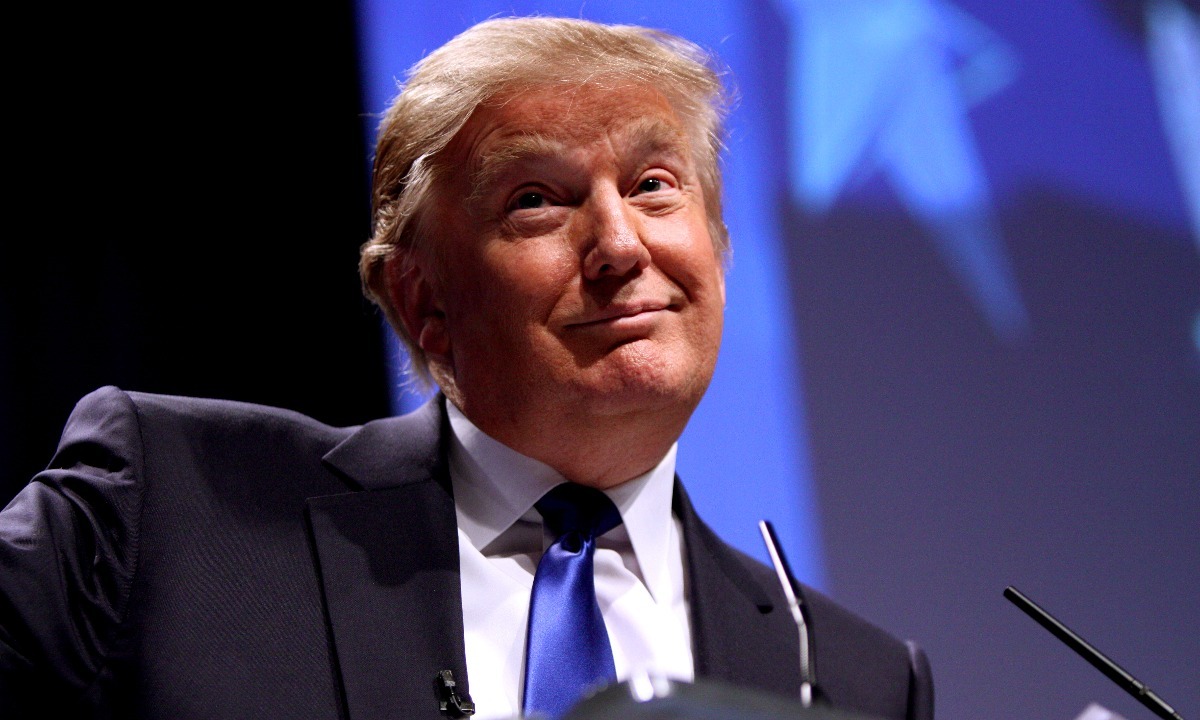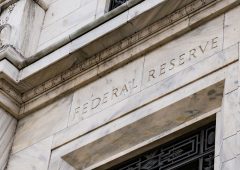Trump’s Economic Plans Strained by Rising Inflation
12.12.2024 21:30 2 min. read Alexander Zdravkov
Rising inflation continues to challenge the U.S. economy, with housing costs playing a significant role.
They now make up a third of the Consumer Price Index (CPI), and while housing price growth slowed, inflation in the sector still increased, contributing to nearly 40% of the overall rise in November.
This poses a major obstacle for President Trump’s economic agenda, as housing costs stand in the way of reaching the Federal Reserve’s 2% inflation target. Although rents are decreasing, the pace isn’t enough to curb the overall inflation. On top of this, the housing supply remains constrained, still 17% below pre-pandemic levels, while demand persists, keeping prices elevated.
Mortgage rates have further compounded the issue, making homes less affordable. Rents have surged by 30% in the last four years, and October saw a 3.3% year-over-year increase in the average rent. Despite rate cuts by the Federal Reserve, mortgage rates have continued to climb, intensifying the affordability crisis.
Trump’s push for deregulation aims to help by easing construction barriers and unlocking federal land for housing. However, his influence over monetary policy is limited. The Federal Reserve’s autonomy means any rate changes will take time, and while some economists remain hopeful that rent increases could eventually slow, housing costs still present a tough hurdle.
Inflation is also spilling over into other sectors, particularly services. Although wage growth has slowed, service inflation remains high, further straining Trump’s economic plans. With inflation expectations rising and uncertainty about the impact of Trump’s policies, the economic outlook remains uncertain. While tech stocks have thrived, analysts are divided on the sustainability of the market’s recent gains.
-
1
China Quietly Advances Yuan as Dollar Alternatives Gain Ground
20.05.2025 17:00 2 min. read -
2
Economic Instability and Political Shift Fueling Bitcoin’s Rise – Galaxy Digital CEO
23.05.2025 12:00 2 min. read -
3
Trump Renews Attack on Fed Chair, Calls for Immediate Rate Cuts
18.05.2025 8:00 1 min. read -
4
Japan’s Inflation Hits 3.5% as Food Prices Soar and Tariff Risks Loom
23.05.2025 21:00 1 min. read -
5
US Dollar Dominance Under Threat Amid Yuan’s Global Ambitions
22.05.2025 14:00 2 min. read
Tariffs Threaten to Stall U.S. Growth in 2025, Recovery Not Expected Until 2026
The U.S. economy may be closer to a downturn than many realize, according to Jay Bryson, chief economist at Wells Fargo.
Dollar Faces Deep Decline as Fed Cuts Pressure Currency, Warns Morgan Stanley
Morgan Stanley has issued a cautionary outlook on the U.S. dollar, predicting a major decline over the coming year as Federal Reserve rate cuts take hold.
Trillions in Debt Payments Could Break U.S. Economy, Ray Dalio Predicts
Legendary investor Ray Dalio has issued a stark warning about the trajectory of U.S. government finances, suggesting the country is drifting toward a series of severe economic shocks unless its debt spiral is urgently addressed.
Wall Street Veteran Warns Tariffs Could Disrupt AI-Driven Market Rally
Steve Eisman, the famed investor known for forecasting the 2008 housing collapse, is sounding the alarm—not on overvalued tech stocks or interest rates, but on the escalating risk of global trade disputes.
-
1
China Quietly Advances Yuan as Dollar Alternatives Gain Ground
20.05.2025 17:00 2 min. read -
2
Economic Instability and Political Shift Fueling Bitcoin’s Rise – Galaxy Digital CEO
23.05.2025 12:00 2 min. read -
3
Trump Renews Attack on Fed Chair, Calls for Immediate Rate Cuts
18.05.2025 8:00 1 min. read -
4
Japan’s Inflation Hits 3.5% as Food Prices Soar and Tariff Risks Loom
23.05.2025 21:00 1 min. read -
5
US Dollar Dominance Under Threat Amid Yuan’s Global Ambitions
22.05.2025 14:00 2 min. read


